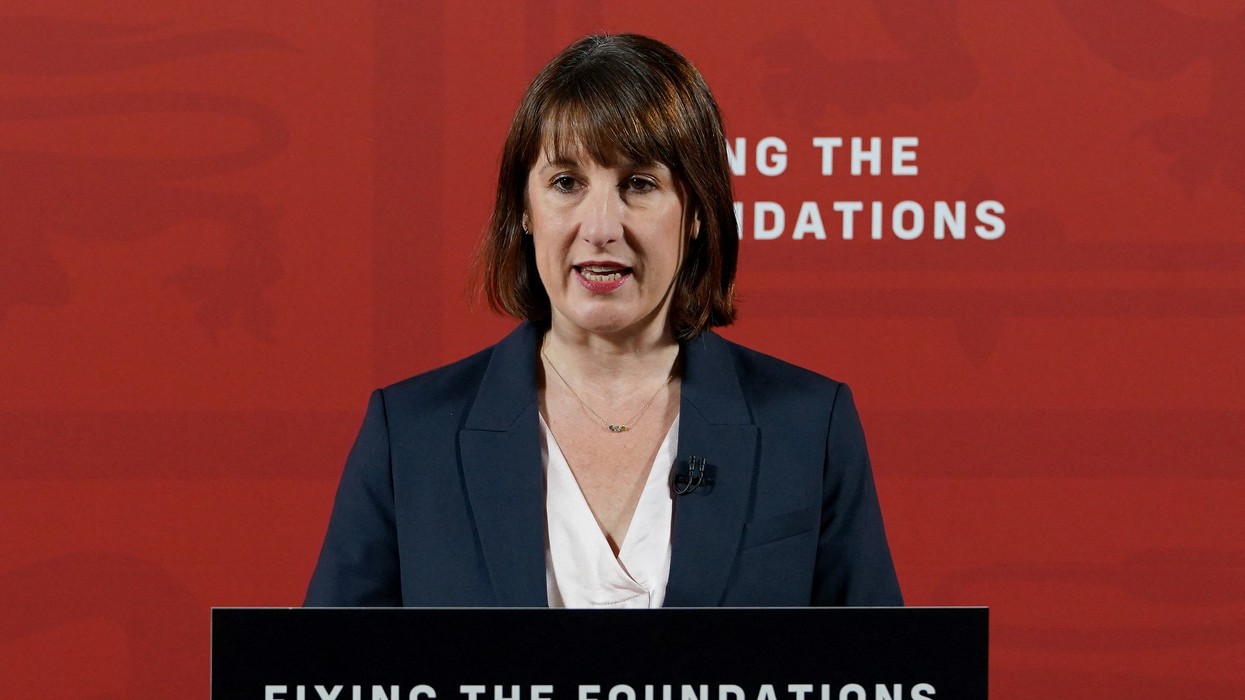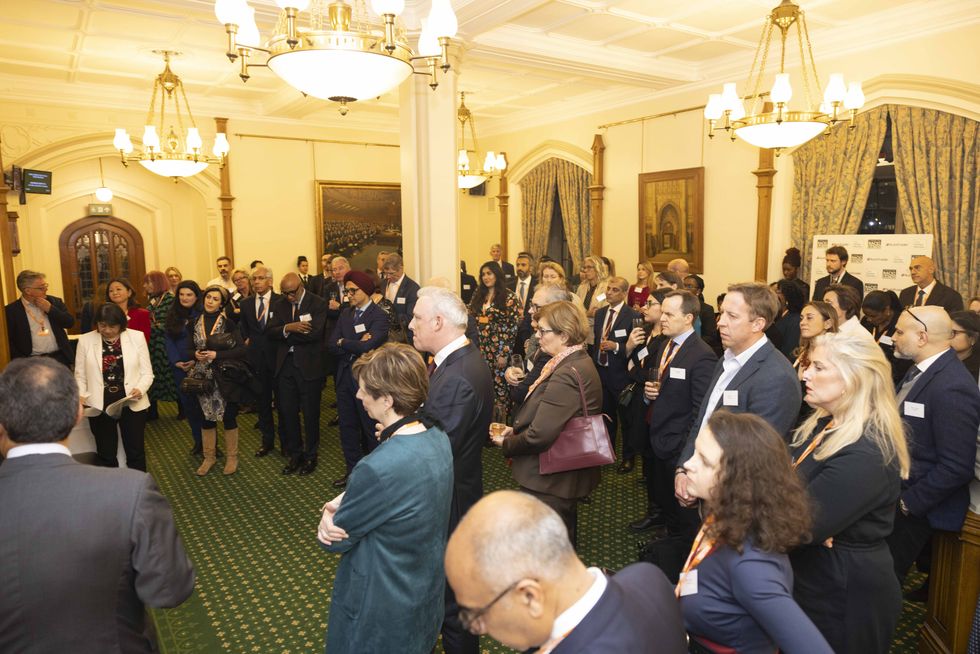Indian folk singer Maithili Thakur thought she was successful, with millions following her Hindu devotional tunes on social media - but then Prime Minister Narendra Modi sent her popularity into the stratosphere.
With India's marathon general elections set to start on April 19, critics say Modi's ruling Bharatiya Janata Party (BJP) has co-opted the vast youth fan bases of hugely influential social media stars - in fields ranging from music to culture, and fashion to fitness - to push their political message.
Thakur was among 24 influencers handed prizes last month at the first government-organised National Creators Awards to promote "storytellers of a confident, assertive New India".
Many of the social media stars have a striking similarity in their promotion of India's Hindu-majority culture, and several back the BJP's right-wing ideology.
"There are many influencers who are collaborating with the current ruling government and making videos," said Thakur, who has 14 million followers on Facebook, and more than 4.5 million each on Instagram and YouTube.
But critics say the chance to maximise their followers and income from social posts by collaborating with the BJP may encourage influencers to uncritically back the ruling party, which is widely expected to win.
'Incentives'
Thakur, 23, already a popular reality TV star for her classical singing, shot to even wider attention when Modi shared her devotional song on social platform X during the inauguration of a contentious Hindu temple in Ayodhya in January.
"So much buzz was created," said Thakur, who was named Cultural Ambassador of the Year at the Creators Awards -- where she shared videos of meeting Modi.
The temple to the deity Ram was built at the site of a centuries-old mosque that was razed by a mob of Hindu zealots in 1992.
The close ties between the government and major social media stars worry Prateek Waghre, from digital rights organisation Internet Freedom Foundation.
"There is enough to be concerned about just by the nature of these collaborations," said Waghre, noting influencers wanted to both earn money from their posts and win new followers.
"Purely on the question of incentives, you can see how this will skew them to engage in discourse that's overwhelmingly positive, or at least non-critical."
While political parties across the board use social media, critics see the government's links with influencers as part of a sophisticated soft-power campaign policy by the Hindu-nationalist BJP.
Waghre said he also fears the offers of cash or attention could woo influencers to back a party "irrespective of their own political beliefs".
With over half of India's 1.4 billion people aged under 30, according to government health figures, using social media is a "tactic" to reach out to young voters, Thakur added.
The government's online platform, MyGov, also carried interviews with the prize-winning influencers praising Modi.
India's 462 million YouTube users are the platform's largest audience by country, according to market tracker Statista.
'Influence'
"By approaching the youth, you are trying to influence the major population of India," said Thakur, speaking to AFP from a room in her New Delhi home, which she uses as a recording studio, its walls adorned with colourful traditional paintings.
But Thakur has also been appointed as an election commission ambassador, which means she can only encourage people to take part in polls, not promote a party.
Others are more direct.
Ex-wrestler Ankit Baiyanpuria, winner of the national fitness creator award, urged his eight million Instagram fans to vote for Modi's BJP.
BJP stalwarts, including Trade Minister Piyush Goyal and Foreign Minister S. Jaishankar, have also featured on social media star Ranveer Allahbadia's channels - with the videos tagged "Collaboration with @MyGov".
Janhvi Singh, 20, who makes posts on culture and religion - from explaining Hindu scriptures to showcasing traditional dress - was given the Heritage Fashion Icon Award.
She called her collaboration with the government an "opportunity", and said she valued the BJP's focus on Hinduism because she feared India was "forgetting our roots and culture".
She noted that she did not directly tell her followers who to vote for.
"I don't share any such political views on social media openly," she said. "But I think it is important to spread this message that you should vote."
But she was clear her loyalties lay with Modi. "I think there is no other leader who is doing good for the country," she said. (AFP)




















 Lord Karan Bilimoria speaks during the event
Lord Karan Bilimoria speaks during the event
